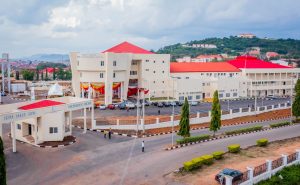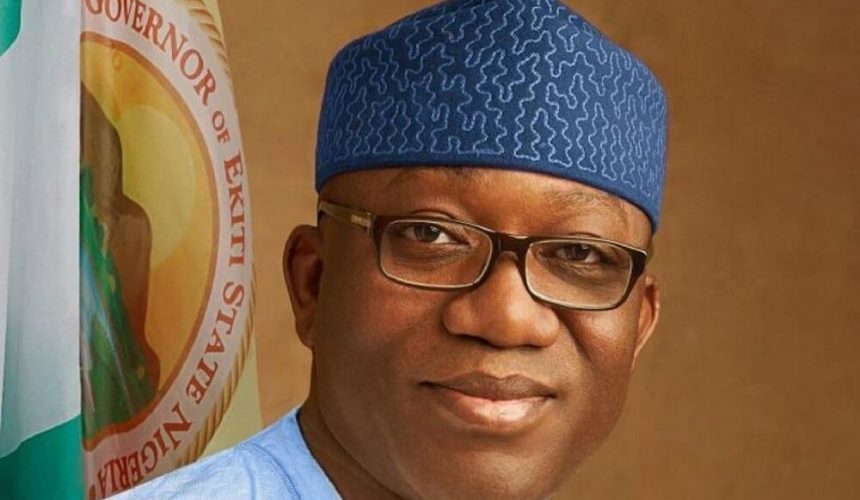Africa is closely watched as the next big growth market. Despite many reasons for optimism, however, growth in Africa has stalled. Technocrats, for the most part, firmly hold that true acceleration potential for the continent lies in the rapid spread of digital technology, which would help it leapfrog ahead in its economic development?
During a recent event, Vice-President Yemi Osinbajo, Nigeria’s number two citizen, reaffirmed this proposition, citing Ekiti State as one of the states that could translate digital technology uptake into development and inclusive growth.
Specifically, the cerebral VP stated that technology, if pursued vigorously by the state government, could create decent jobs through digital platforms and become institutional drivers necessary for digital success.

Speaking during the Fountain Summit held in Ekiti State on Thursday, VP Osinbajo argued that the surest way forward is to deepen investments in the niche areas. “We have already noted the enormous potential in agriculture and dairy. But clearly, the way of the future, especially for the huge population of young men and women seeking good-paying jobs, is technology. Clearly, the future of the fast-growing economy is in the knowledge economy. Every day we are beginning to see the transition.”
VP Osinbajo pointedly noted that the state has a higher gross domestic product (GDP) than Gambia and several other African nations.
He advised that states in Nigeria “must think like sovereign nations” to improve the livelihood of their residents, while explaining that revenues from federal allocations can “provide infrastructure and services to the communities”. He, however, added that “the size of the sum and the quantum of opportunities available for the populace” depend on how well states can attract investment.
In his words: “The economy of the sub-national is a peculiar animal. A state within the federation is not a nation, but it must behave like a nation. It derives some resources from the federal pool and generates some income.
“The sum of those will provide infrastructure and services to the communities. But the size of the sum and the quantum of opportunities available for the populace will depend on how the state enables local and external investors – small and large – to put their resources into businesses in the state.”
Speaking further, Mr. Osinbajo said: “Two Saturdays ago, I represented Mr. President at the swearing-in ceremony of the new president of the Sao Tome and the Principe Republic. As I sat in that well-appointed hall and took in the solemn grandeur of the oath-taking of the new democratically elected president, I reflected. Here was a country whose GDP is $472 million and it’s a nation.
“It has one vote in the United Nations just as we have. Ekiti State has a GDP of $2.8 billion – five times the GDP of the nation of Sao Tome and Principe but it’s not just Sao Tome and Principe.

“Ekiti’s GDP is higher than that of the nation of Gambia. Gambia has a GDP of $1.9 billion and also a higher GDP than that of Cape Verde with a GDP of $1.7 billion or Seychelles, the lovely tourist destination which has just $1.1 billion.
“Ekiti’s GDP is the same as the GDP of Liberia which just has $2.95 billion and we’re talking about Ekiti State now, we’re not even talking about Lagos.
“The attractiveness of the state to commerce is a radical issue. The very lives and livelihood of the people within the borders of the state depend on it. Nigeria’s sub-national is indeed a peculiar animal. There has to be a collective change of mindset. There’s a need for a sub-national to think like a sovereign state. You have bigger GDP and even more revenues than many nations.”







Comment
No comments found.